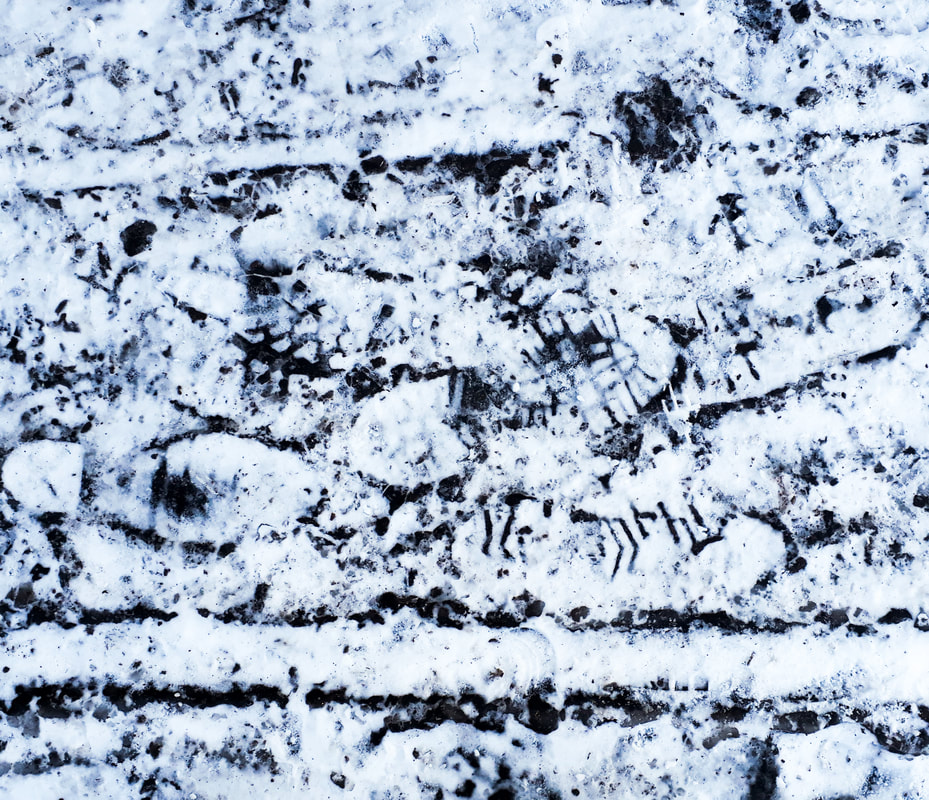Echo's story is interesting. After she falls in love with Narcissus, she follows him through the forest. Narcissus senses someone close by. He calls out "Who's there?" Echo replies, "Who's there?" His words are reflected back to him. I am going to make a loose and personal reading of this moment, and see it as a failure of Narcissus to recognise something within himself. (I've read none of the original versions of the myth, so I am for from being an expert.) Echo's words, her repetition of Narcissus' own words, are an 'authentic' reflection rather than the later 'inauthentic' reflection of his own image in the pool.
Consider Echo as a reflection of the stirrings of love from within. She represents a first 'callout' from the self to love. As such, I am going to associate Echo with Aphrodite herself. By rejecting the stirrings of love, Aphrodite is rejected by Narcissus. She then takes her revenge. Love's denial is punished.
Narcissus' rejection of Echo when she manifests herself in human form is the first true moment of narcissism. He fails to embrace love. Aphrodite's revenge is to deny Narcissus a true object of love and replace it with an image that cannot reciprocate love. The stirrings of love are something separate from the self who experiences these stirrings of love. If there was no such separation, then how could the 'stirrings of love' be rejected? The self has a natural growth trajectory. If it denies or is denied love then it's growth is stunted






 RSS Feed
RSS Feed